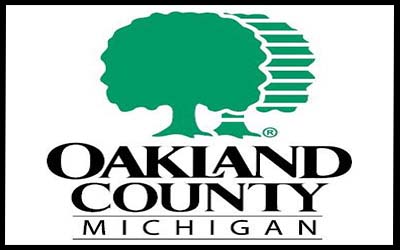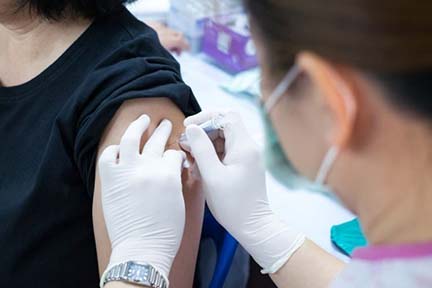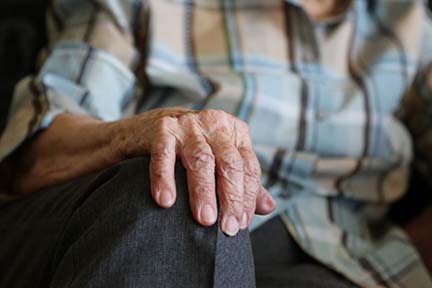
Oakland County Hosts Free Mental Health Counseling
Oakland County Hosts Free Mental Health Counseling & Resource Events Throughout County In Aftermath Of Oxford High School Shooting
Pontiac, Michigan – Oakland County and its community partners will offer free mental health and other assistance throughout the county to individuals impacted by the tragic Oxford High School shooting last week. The Oakland Cares Mental Health Counseling & Resource Events will offer on-site counseling, pastoral guidance, and other resources Tuesday, Wednesday, and Thursday this week.
“We will deploy every resource at our disposal to give this community what it needs to heal. But make no mistake, there are no students, faculty and staff who were left unscathed in this tragedy,” said Oakland County Executive David Coulter. “There were more than 1,700 students at Oxford High School who were forced to flee the violence and that is a trauma that isn’t easily erased for students, their families and the larger community.”
The Oakland Cares Mental Health Counseling & Resource Events will be in various locations to make it accessible to residents throughout the county. They will take place from 2-7 p.m. Tuesday, December 7 at the Legacy Center, 925 N. Lapeer Rd. in Oxford; 2-7 p.m. Wednesday, December 8 at Welcome Missionary Baptist Church at 143 Oneida St. in Pontiac; and 2-7 p.m. Thursday, December 9 at the Southfield Pavilion, 26000 Evergreen Rd. in Southfield.
Oakland Cares Mental Health Counseling & Resource Events will return to the Oxford community next week, date to be announced later.
Licensed counselors and social workers will be available, including for private one-on-one sessions, as well as faith-based leaders. Table resources will include parent support groups, school shooting resources, parent guidelines for helping youth after a shooting, discussing difficult situations with children, including violence, and information on suicide prevention.
Participating community partners include Oakland County Department of Health and Human Services, Oakland Community Health Network, ACCESS Community Health and Research Center, Catholic Charities of Southeast Michigan, and Welcome Missionary Baptist Church. Meijer, Costco, and Sam’s Club are donating water for the events.
For more information, click on www.oakgov.com/oaklandcares.
Note for media: In order to respect the privacy of residents seeking assistance and provide a safe space for all who attend, we ask the media to understand that they will not be permitted to enter the Oakland Cares Mental Health Counseling & Resource Events. Interviews with one of the community partners supporting the event may be arranged.




